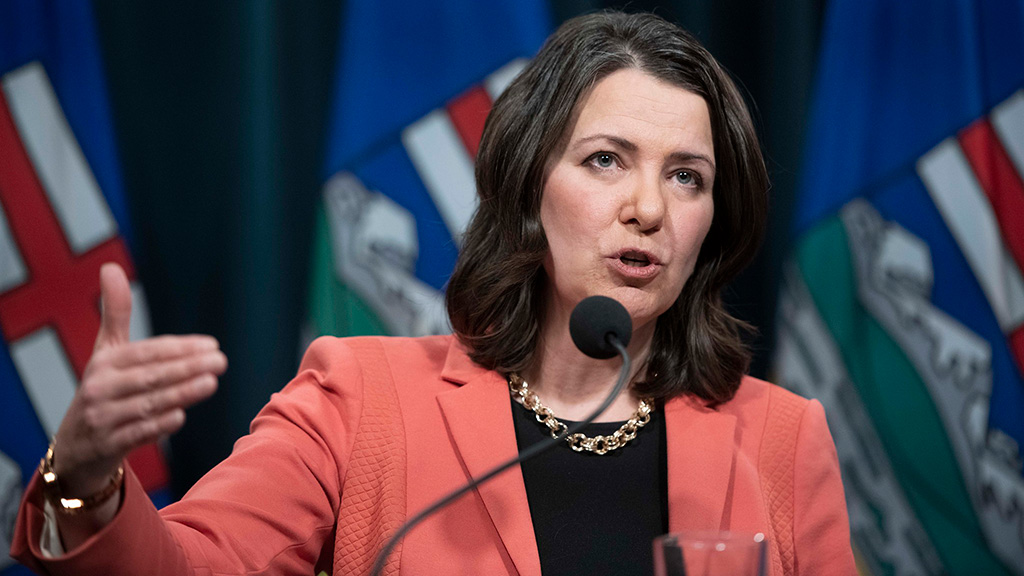Calgary Construction Association (CCA) president Bill Black is calling out the Alberta government for a prompt payment exemption he says will harm smaller contractors and others in the industry.
The CCA released a Jan. 10 statement written by Black to Alberta Premier Danielle Smith imploring her to eliminate a recent exemption under the Prompt Payment and Construction Lien Act (PPCLA).
The exemption, detailed in a Sept. 28, 2023 government document, frees projects with a capital expenditure of at least $5 billion from the 31-day limitation before payment is required.
According to the exemption the project must also “contribute to significant job creation and economic growth and demonstrate the commercialization of technologies that assist in the environmentally sustainable development of oil or natural gas resources, or the use of technologies that reduce the emission of greenhouse gases in industrial applications.”
The exemption applies to the recently announced Dow Chemical Path2Zero expansion project, worth $8.9 billion, and Black said the project falling under the exemption “was not the calibre of good-faith transparency and engagement we’d seen at the outset.”
The end result of the exemption, the CCA statement said, is an erosion of trust and relationships within the construction industry.
“Granting exemptions based on the size of an entity sends a damaging message that fairness can be compromised, thereby eroding trust between contractors, subcontractors, and suppliers. This erosion of trust jeopardizes the collaborative nature of our industry, which relies on strong relationships for mutual success,” Black said in the statement.
“It’s a bit of a David and Goliath game,” he added. “‘We’re so big and so important we shouldn’t have to pay quickly, and so all the contractors and suppliers can just wait for payment to come at our pace,’ which is the whole reason the industry lobbied for prompt payment in the first place, because large organizations paid when they felt like it.
“The trades bear the brunt of the exemption because they still have to pay for their labour every two weeks and pay for all their materials and very often in 30 days and they might be waiting over 120 days to get paid,” Black said.
In a statement sent to the Journal of Commerce, Minister of Service Alberta and Red Tape Reduction Dale Nally said the province has prompt payment rules in place to ensure contractors are paid on time, but “some of Alberta’s rules differ from other jurisdictions and may discourage significantly large projects.”
“After testing ideas with industry, we built some flexibility into the Prompt Payment and Construction Lien Act in limited circumstances, while maintaining the underlying policy intent of prompt payment. Once proper invoices are given, all legislated payment timelines and protections still apply. The flexibility around proper invoices is available in Ontario, for example, where parties can contract timelines for sending the proper invoice,” Nally said.
He added flexibility is limited to a small number of projects and the criteria for an exemption are set out in regulation, including a minimum $5 billion project cost.
“We want to attract large projects that drive investment, create jobs and generate economic spin-offs for our province. Building in this flexibility allows us to remain competitive with other jurisdictions so that investors continue to choose Alberta as the best place to do business,” Nally said.
Black said the initial consultation and the engagement period before implementation was a period of fruitful collaboration between the provincial government and industry.
“As government engagement goes, we did a really good job. It was thorough, they did listen and have a number of different sessions,” Black said. “But the real work always starts after it comes into effect.”
“We have met several times with key organizations representing the construction industry and have been transparent about the intent to create flexibility,” Nally said in the statement. “We are committed to taking a balanced approach to ensure we have the right legislation and regulations in place to support economic growth while also ensuring the appropriate protections are in place.”











Recent Comments